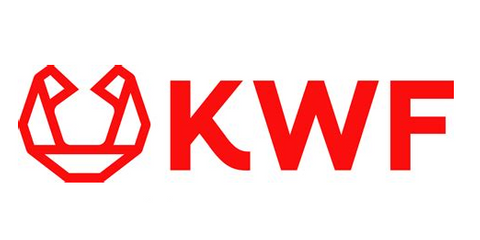KWF grant for research on accurate malignancy risk estimation of pulmonary nodules using AI

The Dutch Cancer Society awarded Colin Jacobs with a grant for his research project entitled AMARA: Accurate MAlignancy Risk estimation of incidentally and screen-detected pulmonary nodules using Artificial intelligence.
The Dutch-Belgian NELSON trial recently showed that CT screening leads to a 24% lung cancer mortality reduction in male long-term smokers. This has sparked discussions on how to implement lung cancer screening in the Netherlands. Screening using low-dose CT is highly sensitive for pulmonary nodule detection. The vast majority of these nodules are benign, but may result in extra investigations. Pulmonary nodules are also an increasingly common finding in routine medical care, with an incidence that is much greater than recognized previously. Thus, there is a critical need for improved nodule stratification and management.
In this project, the aim is to improve the risk stratification of screen-detected and incidental lung nodules by using an AI algorithm. The AI risk score will allow for a personalized nodule management approach. This will enable us to identify high-risk nodules which require immediate work-up, and limit unnecessary work-up of benign nodules. The research project will be led by Colin Jacobs and involves researchers from Radboudumc, University Medical Center Groningen, Erasmus MC, UMC Utrecht and MUMC+.
← Back to overview